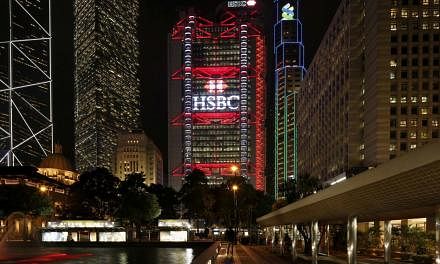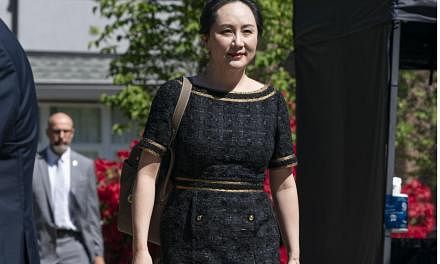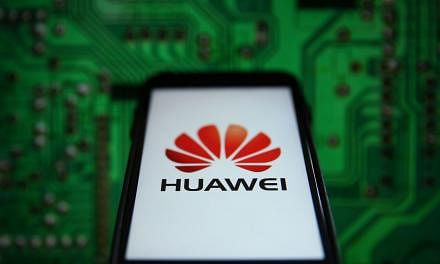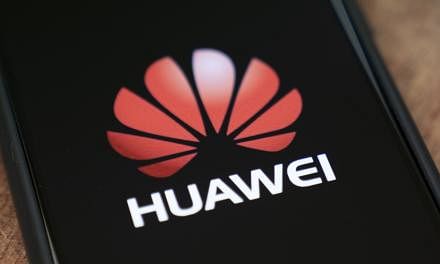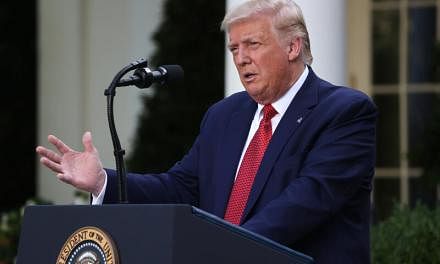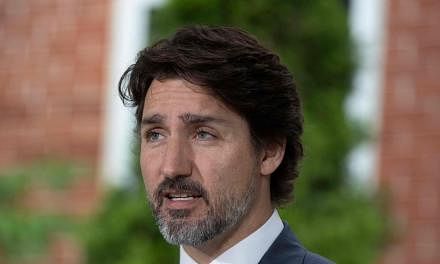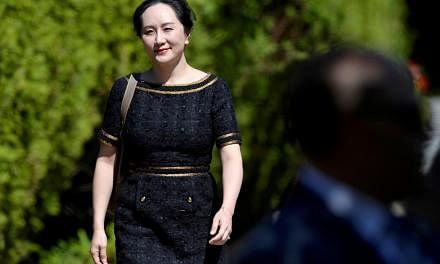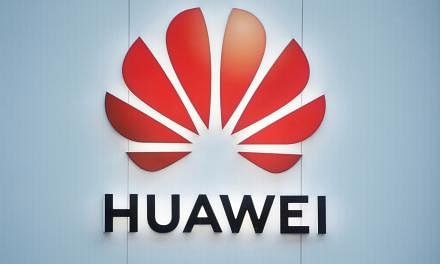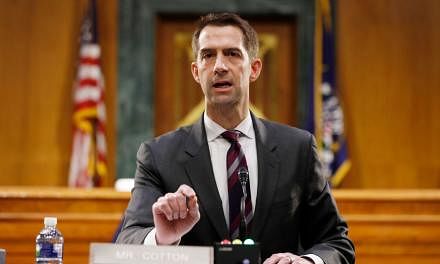BEIJING • The arrest of a top Huawei executive in Canada is the latest in a series of setbacks that have disrupted the Chinese behemoth's global expansion amid a US-led effort to blackball it internationally.
The company has faced a tough year, with some of its services rejected in the United States, Australia, New Zealand and Britain over security concerns.
The latest hit came on Wednesday, as Canada announced that Huawei's chief financial officer Meng Wanzhou - the daughter of founder Ren Zhengfei - was arrested at the weekend as the US authorities seek her extradition.
China's largest telecoms equipment maker has received an increasingly chilly international reception this year as US allies have moved to ban its products.
Britain's largest mobile provider BT announced on Wednesday that it was removing Huawei equipment from its 4G cellular network, days after the head of the MI6 foreign intelligence service singled out the company as a security risk.
A week ago, New Zealand's intelligence agency barred Huawei equipment in the roll-out of the country's 5G network, citing similar concerns.
Australia and the US also enacted similar bans earlier this year, leaving Canada the only country in the "Five Eyes" intelligence network not to take steps against the Chinese company.
Mr Ren is a former People's Liberation Army engineer, and there are concerns about close links with the Chinese military and government, which Huawei has constantly denied.
The company is well aware of its reputation as a "security risk", said Ms Kitty Fok, managing director of research firm IDC China, adding that it has been taking steps to show transparency.
As governments roll out 5G infrastructure, which many see as the backbone of the new digital economy, it is "not the biggest part of the business" for Huawei, Ms Fok said.
Earlier this year, the US imposed a seven-year ban on the sale of crucial components to Chinese smartphone maker and Huawei rival ZTE after it failed to take action against staff for violating trade sanctions against Iran and North Korea.
The ban nearly killed off the company before Washington and Beijing reached a deal.
While Huawei has developed its own Kirin processor chips - unlike ZTE, which is reliant on chipmakers such as US firm Qualcomm - global telecommunications ecosystems remain vulnerable because of the sheer size of the company.
The huge size of Huawei's global operations could also make it difficult to enforce a ZTE-type ban, said Mr Andrew Kitson, an analyst at Fitch Solutions.
The company is still welcome in many parts of the world, including Europe. Portugal's telecoms operator MEO said this week that it would cooperate with Huawei to speed up construction of the country's 5G network, while several French mobile providers are continuing to use the company's parts.
AGENCE FRANCE-PRESSE


